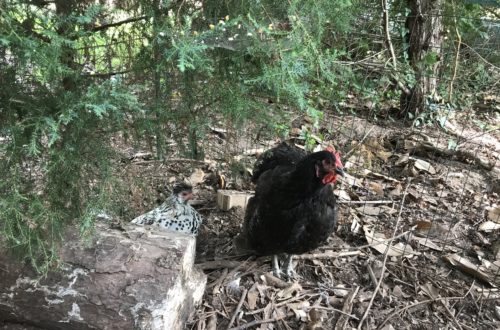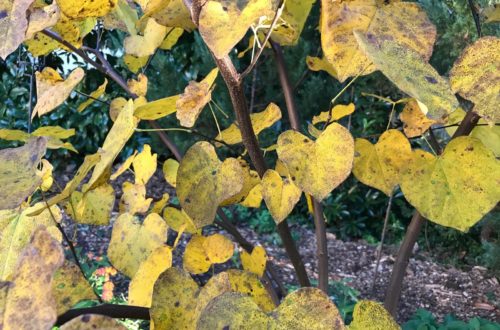A Greenward Progression
Our super markets seem to now be saturated with the words GREEN, NATURAL, and ORGANIC, and that paired with all the news reports about brands misusing these terms has pushed many folks to growing their own produce. Idealistically, they plan on putting a couple seeds or transplants in the ground, sitting on the deck sipping lemonade and watching their garden spring up before their very eyes, filled with large, plump produce of course.
Anyone who has awoken to discover their squash plants wilted and all the tomato blossoms on the ground knows that having a successful garden takes work. Squash vine borers, my ultimate garden nemesis have lead me to taking a scalpel to my squash vines, pumping the plants with pesticides and ramming skewers up the vines.
Yesterday on Twitter, I sought out advice for Japanese beetles and was immediately responded to by several people suggesting natural alternatives to Sevin and other harmful pesticides. I decided to compromise and use dish soap on the beans and tomatoes for the beetles and save the “real stuff” for the borers and just for those areas that I thought would be safer. Last night, I went to Walmart to purchase liquid Sevin, which I was only going to use on the squash vines and the Black and Blue Salvia in the flower garden. Before I opened the bottle, I pulled open the bookish label and read on the back the cautions and warning. It was extremely harmful to swallow, ingest, absorb in the skin, was highly deadly to honey bees, and read, “KEEP OUT OF REACH OF CHILDREN.” Don’t you know I reattached the label and put it back in the bag to return at a later date?
So what is a gardener to do about the pests? It seems rather cruel to plant flowers to attract bees and pollinators and then spray chemicals that are deadly to them. It seems completely foolish to spray something with the above cautions on a plant I intend to consume. Obviously, I am not completely chemical free in my garden. I have switched over from traditional fertilizers to blood meal, compost, and fish emulsion. When if comes to fire ants, I’ve tried natural methods unsuccessfully and will continue to treat the mounds as they appear … I cannot risk my children’s safety when it comes to fire ant stings.
I don’t have all the answers, but I am slowly learning. Not only are there natural and safe products to feed plants with and protect from pests, but there are planting methods that can help reduce the effects of pests. Take a gander of to the list of companion plants on Wikipedia. I was amazed the first time I saw the number of intricate relationships between different plant species and bugs. When you start reading up on the various plant species, you can find varieties that are naturally more resistant to disease and pests.When you read up on the life cycles of the pests, you learn to plant and then plant again so as to have seedlings emerge just after your first crop of squash receives the first wave of vine borers. There is typically a large window of time to do the planting, so why not space out plantings to help lessen the effects of the pests and stagger your harvest?
The deal is gardening can be really easy. There is an abundance of convenience products lining the shelves of stores like Lowes and Home Depot. But to be a responsible gardener takes work. We have to shift our mentality from soil being just the brown stuff to stick the plants in to being a living organism in itself. I’m on a greenward progression. Eventually I hope to be able to avoid the store shelves for supplements alltogether and rely on my own compost and compost tea. Until then, I’m going to try to use the safest products I can find and afford and plant plant plant.



3 Comments
Miss-ology
You're right – keeping plants alive and producing without pesticides particularly is really tough. We had squash bugs completely obliterate my yellow squash plants (spared the zucchini for some reason) and watering with clove, garlic or pepper water really isn't practical (and I don't think it works). Keep fightin' the good fight, though! As you know, it always tastes better 🙂
Paige
Thanks, Miss. I've found squash bug eggs on the Italian climbing summer squash, which is supposed to be resistant to borers. Those two bugs get me every year. Luckily I've planted various squashes in various locations, so maybe some will survive.
Mike Lieberman
Thanks for brining this up. It'll take some trial and error, but you'll figga it out. If anything, it'll make you appreciate food and the entire process of what goes into getting it to our plates.
Look forward to your progress and learning some from your experiences.